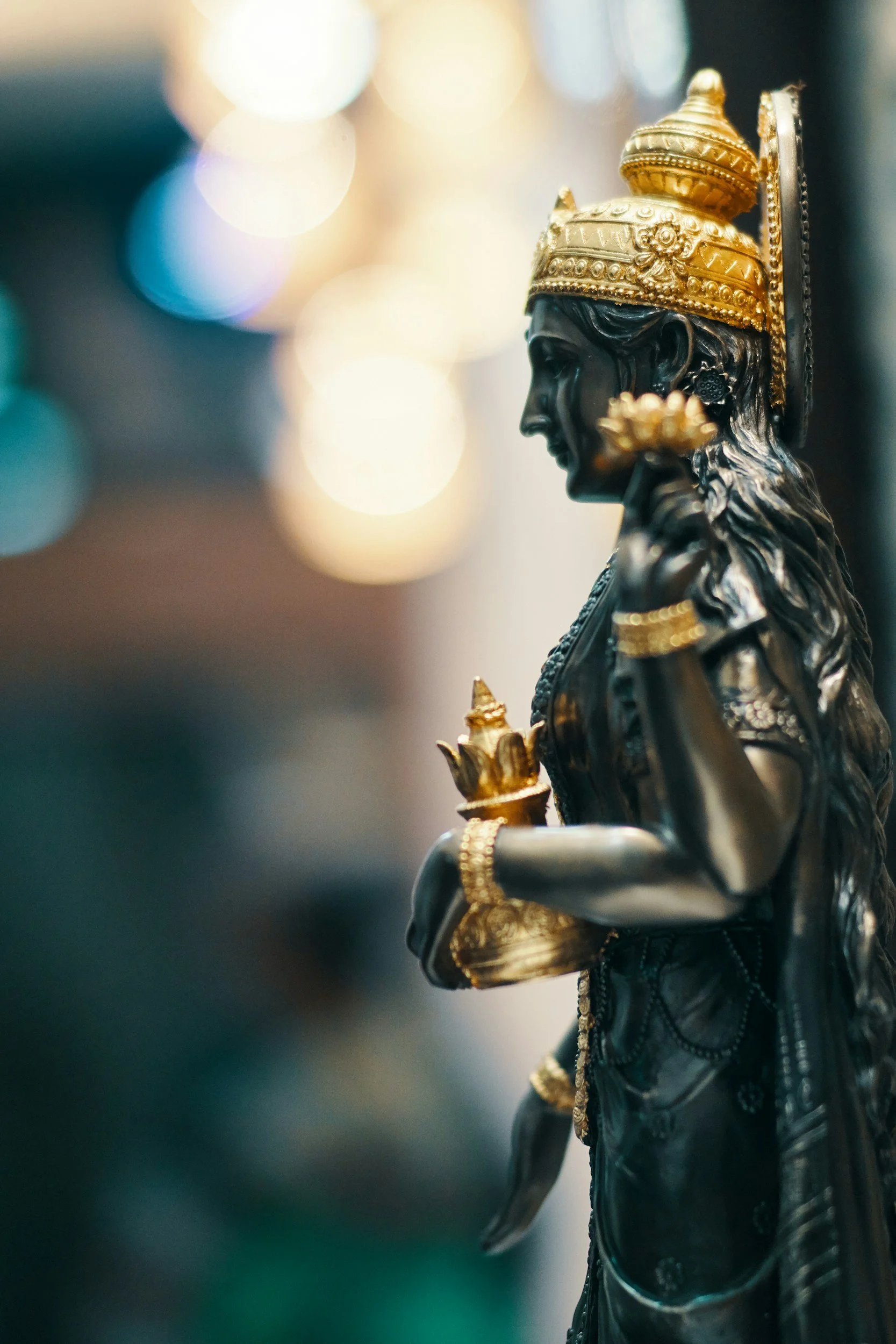6 Ways to Discover Your Nso-Iwu Chi (Personal Taboos) in Odinani
In Igbo culture, "nso" or “iwu chi” refers to taboos or forbidden practices both in a postive and negative light, which can vary widely not only from community to community but also on a personal level. What might be a powerful and positive practice for one person could be harmful or forbidden for another. This variability underscores the importance of not judging others based on their practices, as each person has a unique spiritual path, guided by their Chi (life force or personal spiritual guide). In this post, we will highlight six ways to discover your personal taboos, or Nso-Iwu Chi, in Odinani.
Six Ways to Discover Your Nso in Odinani
Start from Your Community: Your journey to knowing your personal taboos should begin with your community. Investigate what your village or family forbids or avoids in their traditional practices or culture (omenana). Usually, you will find that your community has general taboos, and within that, your kindred may have their own specific ones. Observing these communal and familial taboos can provide a strong foundation for your personal spiritual practices.
Self-Observation and Self-Divination: Personal observation is very important in identifying your unique taboos. Pay attention to how your body and spirit react to different foods, activities, and environments. If something doesn't feel right or negatively affects your well-being, it might be a personal taboo. This process of self-discovery requires honesty and mindfulness, as what works for others may not be suitable for you.
Inquire About Your Reincarnator (Onye Uwa Chi): In Igbo spirituality, it is believed that each person may reincarnate within their families. Find out about your reincarnator—who they were in a past life and what taboos they observed. This information can usually be gathered from family members who might have knowledge of the reincarnator's life and practices. Observing these inherited taboos can help align you with your spiritual lineage.
Follow the Practices of Great Dibias: If you have a spiritual calling or are a Dibia (spiritual healer or priest), it is beneficial to adopt the best practices of the most revered and pure Dibias. There are common taboos in Igbo culture that are generally observed by all Dibias. Incorporating these into your life can improve your spiritual strength and purity.
Use Afa Divination: Afa divination is a traditional method used to gain insights into one's life and spiritual path. Consulting with a skilled Afa diviner can help you identify specific taboos that your Chi or Agwu wants you to observe. This method provides a direct link to spiritual guidance, which can ensure that you are in alignment with your personal spiritual needs and avoiding harmful practices.
Understand Your Elemental Associations: In Igbo cosmology, each person is linked to one of the four market days by birth: Eke, Orie, Afor, or Nkwo. Each of these elements has specific attributes and associated taboos. Discovering which market day you are associated with and understanding its characteristics can help you identify practices and substances to avoid.
To Sum It Up
Knowing and observing your personal taboos in Igbo spirituality is a deeply personal journey that requires introspection, community engagement, and spiritual guidance. You can uncover the practices that align with your unique spiritual path and avoid those that are detrimental by following these six steps. Remember, everyone has their own path with their Chi, and it is important to respect and honor these individual differences while staying true to your own spiritual journey.
Recommended Resources:
How to connect or reconnect with your chi | Nwanyị Amaechi Okunano (YouTube)
Step 2: Chi na Eke | Odinani: The Sacred Arts & Sciences of the Igbo People (Article)
Chi Explained - Igbo Cosmology | Medicine Shell (YouTube)
Meaning Of CHI In Igbo Odinani | Understanding CHI In Igbo Cosmology | Igbo Spirituality | Voice Of The Sun (YouTube)








